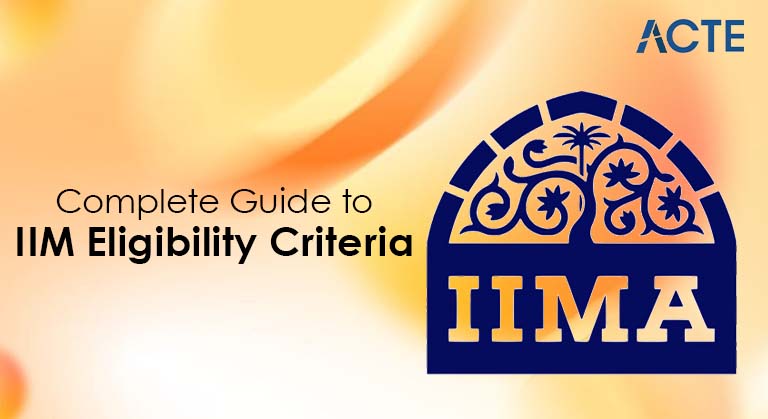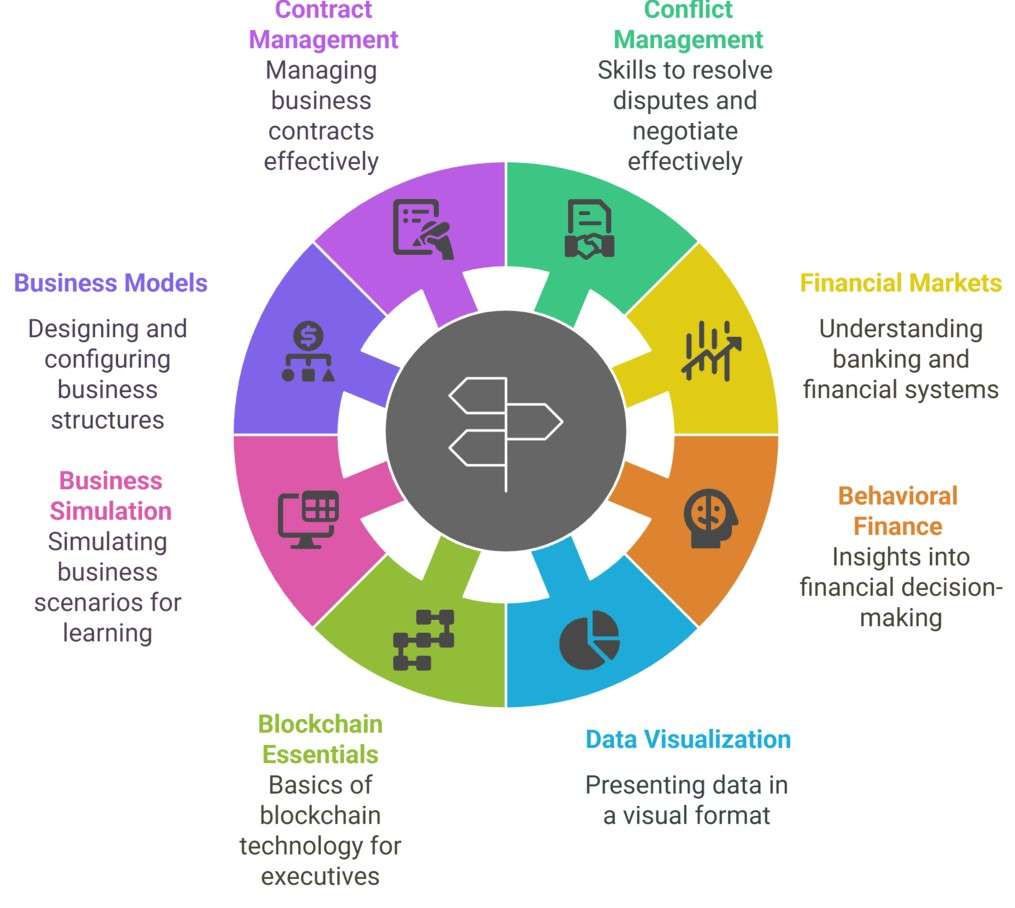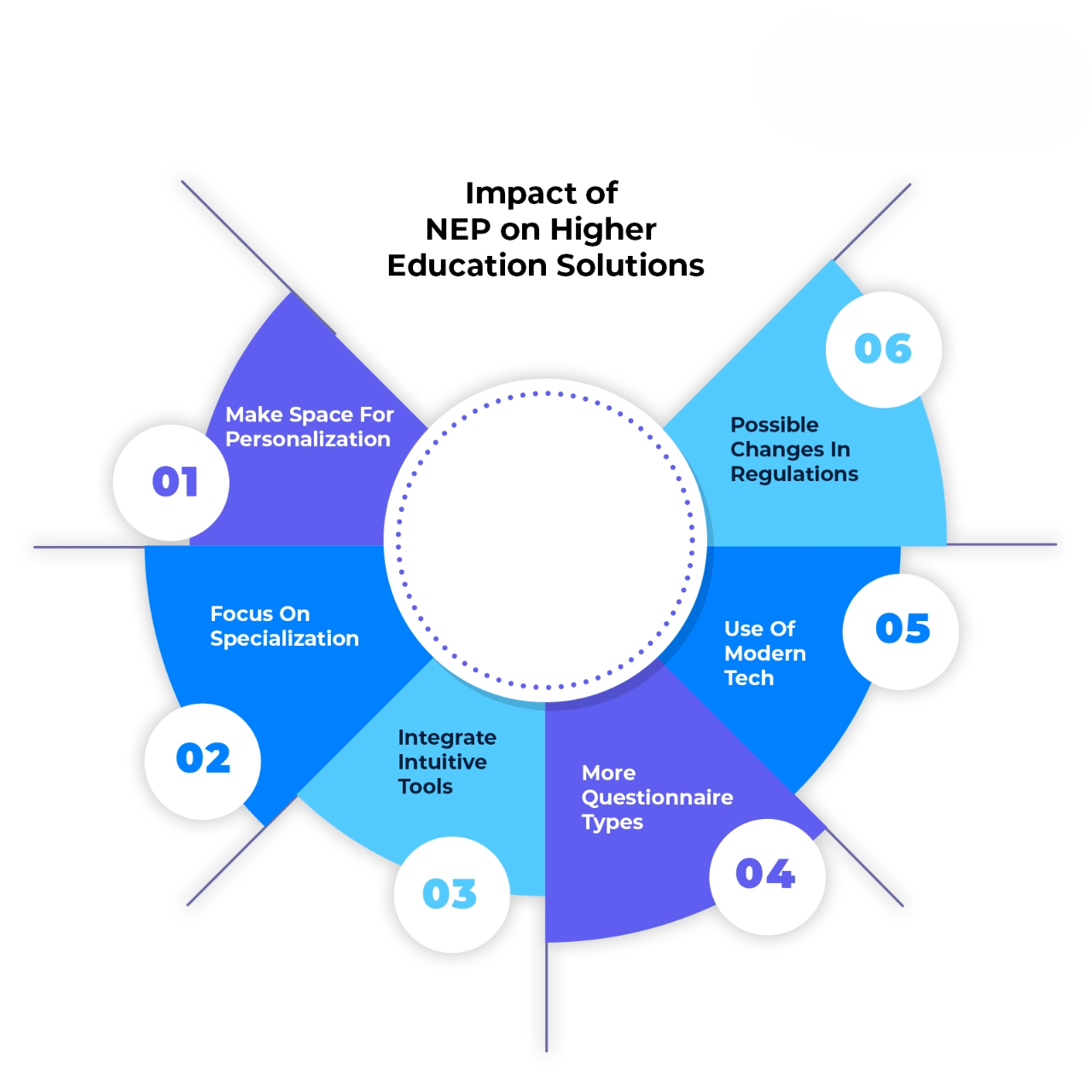
- Introduction to IIMs
- General Eligibility Overview
- CAT Exam Criteria
- Academic Requirements
- Reservation Policies
- Work Experience (if applicable)
- Eligibility for Executive MBA
- Eligibility for Integrated MBA
Introduction to IIMs
The Indian Institutes of Management (IIMs) are a network of premier business schools in India, known for their world-class education, rigorous academic programs, and exceptional leadership training. Established in the 1960s, these institutes have become synonymous with excellence in management education and research. The IIMs offer a range of postgraduate, doctoral, and executive programs that attract top-tier students from across the country and abroad. Many of these programs also provide opportunities to complement management education with professional certifications like PMP training enhancing project management skills and leadership capabilities. With their focus on strategic thinking, innovation, and entrepreneurship, IIMs have consistently produced successful leaders who play pivotal roles in both the corporate world and public service. The institutes are recognized globally for their faculty expertise, research contributions, and industry connections. Admission to IIMs is highly competitive, typically through the Indian Institute of Management Common Admission Test (IIM CAT), which evaluates candidates on multiple aspects, including quantitative skills, reasoning, and verbal ability. The campuses are equipped with state of the art infrastructure, fostering an environment conducive to learning, collaboration, and personal growth. IIMs also maintain strong ties with the business community, providing students with opportunities for internships, placements, and exposure to global business practices. Overall, IIMs are considered the epitome of management education in India, and their alumni continue to shape the future of various industries worldwide.
To Explore PMP in Depth, Check Out Our Comprehensive PMP Certification Training To Gain Insights From Our Experts!
General Eligibility Overview
- Educational Qualification: Candidates must have a bachelor’s degree in any discipline from a recognized university or institution with a minimum of 50% marks (45% for reserved categories).
- Age Limit: There is no specific age limit for admission to IIMs, but candidates should meet the age requirements of the specific program they are applying to.
- CAT Examination: Admission typically requires candidates to have appeared for the Common Admission Test (CAT), a highly competitive entrance exam assessing quantitative ability, verbal ability, data interpretation, and logical reasoning.
An MBA in International Business opens doors to a dynamic global career. Graduates are well-equipped to manage cross-border trade, international marketing, global supply chains, and multinational corporate strategies. With globalization accelerating and businesses expanding into new markets, professionals with expertise in international business are in high demand. Career opportunities include roles such as International Business Manager, Global Marketing Strategist, Export-Import Manager, International Trade Analyst, and positions in multinational corporations (MNCs), trade organizations, and global consulting firms. Additionally, the program enhances entrepreneurial prospects for those aiming to launch ventures with international operations. Students can also complement their skills with Future of MBA in International Business Scope gaining project management expertise that adds a competitive edge in global business roles. The future of an MBA in International Business is robust, offering growth, competitive remuneration, and the chance to work in diverse and culturally rich environments worldwide.

- Work Experience: While not mandatory, many IIMs prefer candidates with relevant work experience, as it adds value to the learning experience. Some programs, however, may require work experience.
- Minimum Marks in Qualifying Exam: Candidates must meet the minimum academic score requirement in their bachelor’s degree, which varies across institutes and categories.
- Reservation Policy: IIMs follow the Government of India’s reservation policy for candidates from scheduled castes (SC), scheduled tribes (ST), and other backward classes (OBC) as per legal guidelines.
CAT Exam Criteria
The Common Admission Test (CAT) is a highly competitive entrance exam for admission to the prestigious Indian Institutes of Management (IIMs) and other top business schools in India. The exam is designed to assess a candidate’s analytical, logical, and quantitative abilities. It is conducted annually and typically comprises three sections: Verbal Ability and Reading Comprehension, Data Interpretation and Logical Reasoning, and Quantitative Ability. The CAT exam is open to all candidates who meet the basic eligibility criteria, including a recognized undergraduate degree with a minimum of 50% marks (45% for SC/ST candidates). There is no specific age limit, and candidates can appear for the exam multiple times. However, a candidate’s eligibility to apply to IIMs is contingent on meeting both the academic qualifications and the score cutoff set by the respective IIMs. The CAT score is used to shortlist candidates for further selection rounds, which may include written ability tests (WAT), group discussions (GD), and personal interviews (PI). Candidates need to prepare rigorously, as the exam is known for its challenging format and high level of competition. The CAT also provides opportunities for diverse professionals, including those Pursuing an MBA After MBBS to transition into management roles in healthcare, hospital administration, and related industries. A good CAT score significantly enhances a candidate’s chances of securing admission to top management programs in India.
Are You Interested in Learning More About PMP? Sign Up For Our PMP Certification Training Today!
Academic Requirements
- Bachelor’s Degree: Candidates must have a completed undergraduate degree from a recognized university or institution. This can be in any discipline, such as engineering, commerce, humanities, or science.
- Minimum Marks Requirement: Candidates must have secured a minimum of 50% marks in their undergraduate degree (45% for candidates from SC, ST, and PwD categories). Some IIMs may have slightly different requirements, so it’s essential to check individual institute criteria.
- Final Year Students: Students in their final year of undergraduate studies are eligible to apply, provided they meet the required percentage criteria by the time of admission.
The academic requirements for admission to the Indian Institutes of Management (IIMs) ensure that candidates have a strong foundational knowledge and are well-prepared for the rigorous demands of management education. These requirements are generally consistent across most IIMs, although specific conditions may vary slightly. Below are the key academic criteria for admission to postgraduate programs like the MBA:
- No Specific Stream Requirement: There are no stream-specific requirements (such as commerce or science) for candidates applying to IIMs, making the programs open to a diverse set of academic backgrounds, while also providing opportunities for students to gain specialized knowledge, including Understanding The Scope of Management Accounting which is crucial for strategic decision-making and financial management in business.
- Foreign Candidates: International students are eligible to apply through a separate application process, and they may be required to meet additional academic standards, such as equivalent educational qualifications and English proficiency.
- Academic Consistency: IIMs often prefer candidates with a consistent academic track record and may assess the applicant’s overall academic performance during the selection process.
- Optional but Advantageous: While not required, having work experience can enhance a candidate’s profile, demonstrating maturity, leadership, and a practical understanding of the business world.
- Preferred Experience: Some IIMs prefer candidates with a minimum of 1–2 years of full-time work experience, especially for executive or specialized programs. Experience in managerial roles, project management, or business development is highly valued, and students are often introduced to core concepts such as What is Human Resource Management to develop skills in managing talent, organizational behavior, and workforce strategy.
- Quality Over Quantity: The relevance and quality of work experience matter more than the number of years. IIMs assess the role, responsibilities, and impact a candidate has had in their organization.
- Impact on Selection: Work experience is considered during the shortlisting process for the Personal Interview (PI) stage, where candidates may be asked to elaborate on their job roles, challenges faced, and accomplishments.
- Young Graduates: Fresh graduates or candidates with limited experience are still encouraged to apply, as work experience is not a strict eligibility requirement for all programs.
- Post-Graduate Programs: For specific programs like the Executive MBA or Post Graduate Program in Management for Working Professionals (PGP-WP), work experience is usually a mandatory requirement for eligibility.
Are You Preparing for PMP Jobs? Check Out ACTE’s Project Management Interview Questions & Answer to Boost Your Preparation!
Reservation Policies
The Indian Institutes of Management (IIMs) follow the Government of India’s reservation policies to ensure equitable access to education for candidates from historically marginalized communities. These policies are in place to promote diversity and inclusivity in the academic environment. According to the reservation guidelines, a certain percentage of seats in postgraduate programs like the MBA are reserved for candidates from Scheduled Castes (SC), Scheduled Tribes (ST), Other Backward Classes (OBC), Economically Weaker Sections (EWS), and Persons with Disabilities (PwD). Typically, 15% of seats are reserved for SC candidates, 7.5% for ST candidates, 27% for OBC candidates (non-creamy layer), and 5% for PwD candidates. In addition, there is a 10% reservation for candidates from the EWS category. These reservations apply to both the CAT exam as well as the subsequent selection process, including the Written Ability Test (WAT), Group Discussion (GD), and Personal Interview (PI). Candidates claiming reservations must provide the necessary documentation to validate their eligibility. Beyond academic admission, IIMs also encourage students to enhance their professional skills with certifications such as PMP training which strengthens project management expertise and leadership capabilities, making graduates more competitive in the corporate world. It is important to note that these reserved categories have different cutoffs and selection criteria based on the category-specific requirements. The reservation policies aim to provide equal educational opportunities and representation for individuals from underrepresented and disadvantaged groups, thereby fostering social inclusion in management education.

Work Experience (if applicable)
Work experience, though not mandatory for admission to the Indian Institutes of Management (IIMs), is often considered an important factor in the selection process. Many IIMs value candidates who have relevant work experience, as it adds depth to the learning experience and brings practical insights to the classroom. Below are key points regarding work experience in the IIM admission process:
Eligibility for Executive MBA
Eligibility for the Executive MBA programs at the Indian Institutes of Management (IIMs) is specifically tailored for mid-to-senior-level professionals seeking to enhance their leadership and strategic management skills while continuing their careers. Unlike regular MBA programs, Executive MBA programs (often referred to as PGPX, EPGP, or PGPEX depending on the IIM) require candidates to have a substantial amount of work experience. Typically, applicants must hold a bachelor’s degree or equivalent in any discipline from a recognized university, with at least 50% marks or equivalent CGPA. In addition to academic qualifications, most IIMs require a minimum of 5 to 7 years of full-time work experience, preferably in a managerial, professional, or supervisory role. Some programs may also ask for a valid GMAT or GRE score as part of the admission criteria. English language proficiency may be required for international applicants or candidates whose medium of instruction was not English. The selection process often includes written essays, letters of recommendation, and a personal interview. These programs are designed for professionals aiming to accelerate their career growth or transition into leadership roles, and they provide a rigorous curriculum focused on strategic thinking, innovation, and global business practices.
Are You Considering Pursuing a Master’s Degree in PMP? Enroll in the PMP Masters Program Training Course Today!
Eligibility for Integrated MBA
The Integrated MBA program offered by select Indian Institutes of Management (notably IIM Indore and IIM Rohtak) is a unique five-year management program designed for students who have completed their higher secondary education (Class 12 or equivalent). This program, known as the Integrated Programme in Management (IPM), aims to groom young aspirants into future business leaders by combining undergraduate and postgraduate studies in management. Alongside core management education, students also have opportunities to enhance their professional skills through certifications like PMP Training which equips them with project management expertise highly valued in the corporate world. To be eligible, candidates must have completed their Class 12/HSC or equivalent examination in the current or previous academic year with a minimum aggregate percentage, usually 60% for General and OBC categories and 55% for SC, ST, and PwD categories. Applicants should also have studied mathematics or statistics at the 10+2 level (requirement varies slightly by institute). There is typically an upper age limit, usually 20 years, for General category candidates (relaxable for reserved categories). Admission is based on a combination of entrance exam performance, such as the IPMAT (Integrated Programme in Management Aptitude Test), along with written ability tests, personal interviews, and academic performance in Classes 10 and 12. The Integrated MBA is ideal for high-performing students who are clear about pursuing a career in management from an early stage and want a comprehensive, long-term academic pathway.

